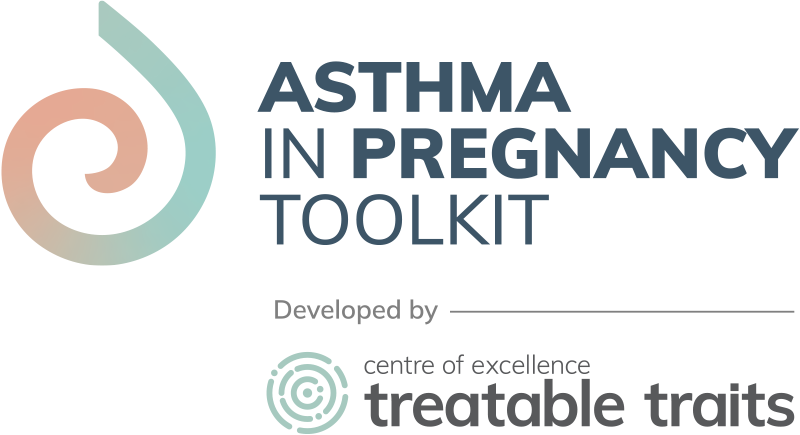In developing a model of care for asthma management in pregnancy, preconception care should be considered.
Preconception care aims to address lifestyle, social and medical risk factors for all women planning pregnancy in order to reduce possible risk factors and improve pregnancy outcomes for both the mother and the baby.
For women with pre-existing medical conditions like asthma, it is an essential component of pregnancy care, and one which is commonly missed. As almost half of pregnancies in Australia are unplanned, and given asthma is the most common respiratory disease in pregnancy, medical practitioners (GPs, respiratory physicians etc) should regularly revisit pregnancy planning conversations with women in their care.
Social and behavioural factors in pre-pregnancy care include:
- commencing folic acid and iodine supplementation
- smoking cessation
- limiting alcohol and caffeine intake
- optimisation of weight
- exercise and diet
- consideration of testing for vitamin D deficiency in at-risk populations.
- Reproductive carrier screening for conditions such as thalassemia, cystic fibrosis, spinal muscular atrophy and fragile X syndrome should be discussed.
From a medical perspective, mild and well controlled asthma does not adversely affect pregnancy outcomes. For women with moderate to severe asthma, the impact of the pregnancy on the asthma, and of the asthma on the pregnancy should be reviewed, and avoidance of triggers for asthma revisited. A clear asthma management plan should be documented. Also recommended is optimisation of pregnancy-appropriate medication use. Discussions around medication safety are an essential component of pre-pregnancy counselling as concerns regarding medication use and the effects on the growing fetus often lead to women ceasing their medications, resulting in flares of disease and poorer perinatal outcomes.
Finally, consideration for increased maternal and fetal surveillance through pregnancy should be gauged depending on asthma control and severity.
Optimising these risk factors in the pre-pregnancy setting helps to improve maternal pregnancy outcomes and fetal growth and development.
